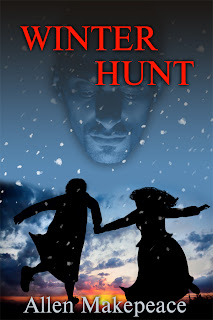I don’t think I have ever read a book which contains such a constant, rising flood of expletive-laden anger. Its ‘f’ words and its ‘c’ words are embedded in almost every snatch of dialogue and in pretty well every line of gangster Billy Abrahams’ narrative. Your granny won’t like it, I’m certain of that. And it’s not just the language she’ll reject. Where, she’ll ask, is the remotest sign of decency in the people on show here?
There is scarcely a redeeming feature in any of the characters in this ultra-violent tale of London East End mob. There is no-one for whom you’re going to feel any warmth: scarcely anyone for whom you’ll feel the slightest grain of sympathy.
This is a grim story peopled with cruel, vicious, unfeeling men and women. They drink to excess, they sniff up ‘lines’ to excess, they kill to excess. And only Billy, brighter than the others, with sharper insight, fleetingly wonders where it’s all leading but even he can shuffle off his doubts if the money is right.
So where are the gangsters with hearts of gold? Where are the guys on the wrong side of the law with some faint memory of loyalty and friendship. Where are the loveable hard men? Don’t look for them here. Not in Judas Pig.
Is this then what they are really like, the lawbreakers? Well, Horace Silver, the author, was for many years a senior member of a major London East End ? Yes, on both counts, Billy Abrahams tells us. And that’s because those who adore these low-life hard men are suckers just like the rest of us poor nine-to-five punters. They wouldn’t feel the same if they hadn’t been led to believe the creepy, romantic Robin Hood version of duplicitous lives steeped in squalid, venomous dealings.
Grim reading, expressed with a crude power, at times poetic almost, yet always down among the dregs, and probably nearer the truth than most of the fact or fiction gangsters we’ve been regaled with over the years.
I loved it.
